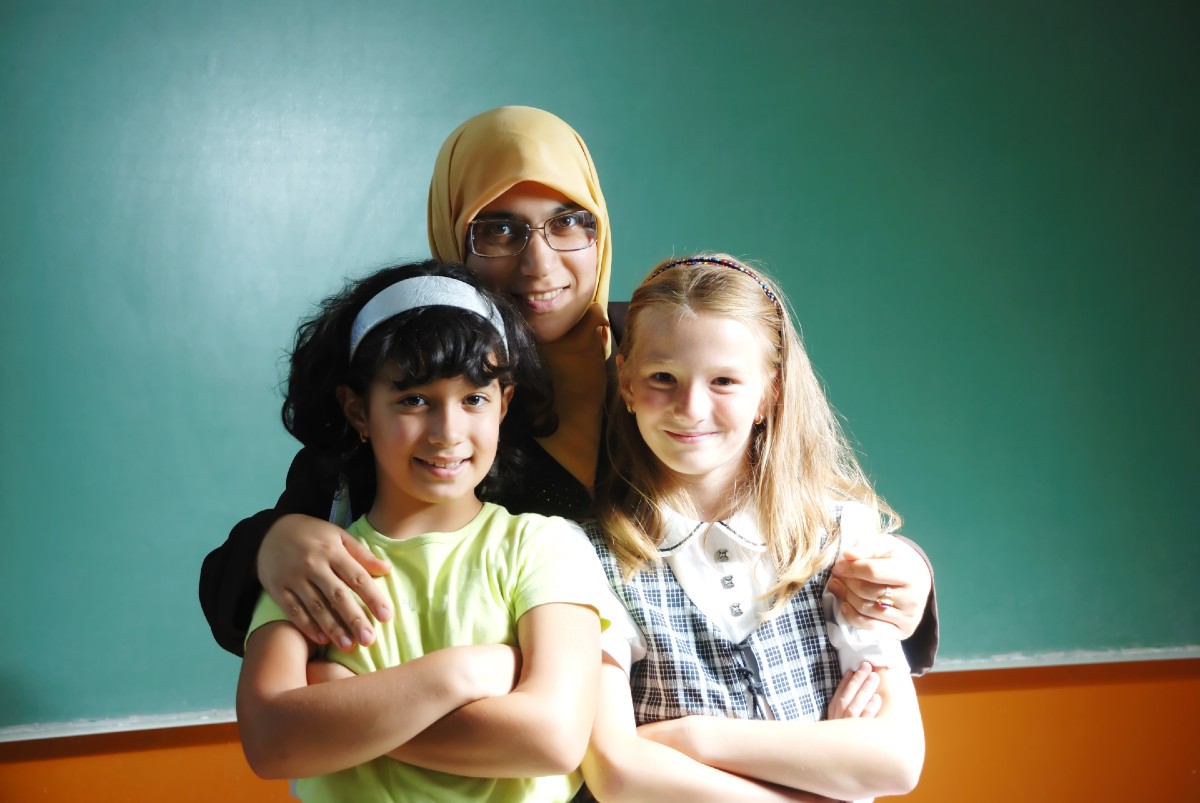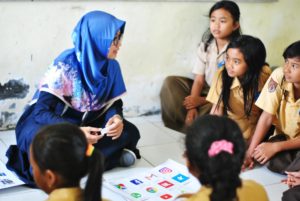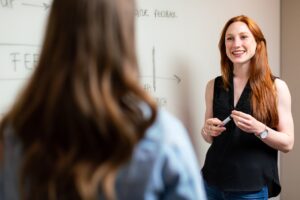
We are a reader-supported education publication. When you buy through links on our site, we may earn an affiliate commission to help us keep providing content.
Women’s rights activists have been fighting for a place in education for centuries. From opening female universities to establishing new teaching philosophies, women have certainly left their mark on the industry. More importantly, they’ve opened the door for billions of girls to receive an education.
Below, you’ll find just a few of the most influential female educators and how they changed the course of history forever.
1. Maria Montessori
At the turn of the 20th century, Maria Montessori, an Italian educator, physician and scientist, created a childcare center in Rome. Here, many people believed the impoverished kids were unable to learn. However, Maria turned the Children’s House into a quality educational environment and successfully taught them. Rather, in true Montessori fashion, the children taught themselves.
Despite the disdain of a few influential male educators, Maria’s exploratory teaching philosophy attracted worldwide attention. Within a few years, there were Montessori schools on five continents. Today, there are about 5,000 such schools in the U.S., alone.
2. Mary McLeod Bethune
Mary McLeod Bethune wore many hats during her life, including educator, community organizer, presidential advisor and public health advocate. During her time at Moody Bible Institute, Mary developed a strong passion for educating girls and supporting their leadership. A few years later, she founded the Daytona Educational and Industrial School for Negro Girls. Then, in 1923, she negotiated the merger of her school with the Cookman Institute.
Her work as a black female educator made also made Mary a leading advocate and voice for African Americans in the U.S. During her time as the Director of Negro Affairs, she successfully established a Negro College and Graduate Fund, which supported more than 4,000 students in higher education.

3. Septima Poinsetta Clark
The daughter of a former slave, Septima Poinsetta Clark was a pioneer in grassroots citizenship education. At the age of 18, she passed her teacher’s exam and began teaching at a black school outside of Charleston. For the next 30 years, she taught throughout South Carolina and eventually earned her BA from Benedict College in Columbia and her MA from Virginia’s Hampton Institute.
In 1956, the state refused to renew Septima’s employment contract because she wouldn’t resign from the National Association for the Advancement of Colored People. So she went on to teach people literacy skills so they could fill out voter registration forms. Eventually, she joined the Charleston School Board and received her teacher’s pension after the governor declared her termination unjust nearly 20 years later.
4. Lucy Diggs Slowe
Born in 1885, Lucy Diggs Slowe was the first African-American woman to found a sorority and the first to become Dean of Women at an American university. Lucy dedicated her life to molding young minds and training women for the modern world. She taught at high schools and universities and even served as principal at a black junior high school that she created.
In addition to becoming Dean of Women at Howard University, Lucy was also a faculty member of the English department. There, she continued to improve the education industry until her death in 1937.
5. Anne Sullivan
Most people know Anne Sullivan by her work as Helen Keller’s teacher. However, this extraordinary woman was also a determined academic and used education as a means to escape poverty. At the age of 14, she began attending Perkins School for the Blind and eventually graduated as valedictorian of her class.
At just 20 years old, Anne began teaching Helen Keller and, despite her own limited sight, helped Keller study at Radcliffe College in 1900. Thanks to Anne’s hard work and dedication, Helen became the first deaf-blind person to receive a college degree.

6. Emma Willard
Born in the 1700s, Emma Willard was a women’s rights activist that dedicated her life to education. At the age of 15, she enrolled in her first school in Berlin and began teaching there two years later. When she turned 20, she left Berlin to teach in Massachusetts and Vermont. However, she was unimpressed by the material and curriculum there, so she started her own women’s boarding school.
Unlike many other schools in that time period, Emma’s academy taught philosophy, mathematics and other “male” subjects. Eventually, she went on to found the Troy Female Seminary, the first school to offer higher education to women in the U.S.
Following in Their Footsteps
Today, women all over the world have access to education and they have these — and many other educators — to thank for the opportunity. However, there are still places where female education is nonexistent or extremely limited. Thus, it’s up to the current generation to honor their legacy and follow in these women’s footsteps.
Looking to learn more about influential, successful women? Check out these top picks from our reading list:
Strong Women: 15 Biographies of Influential Women History Overlooked (Amazon) by Kari Koeppel
The Book of Awesome Women: Boundary Breakers, Freedom Fighters, Sheroes & Female Firsts (Amazon) by Becca Anderson
latest in learning!
Get the latest updates in learning, teaching and everything in between! Whether you're a student or an educator, we offer the inspiration you need to fuel your classroom experience.









